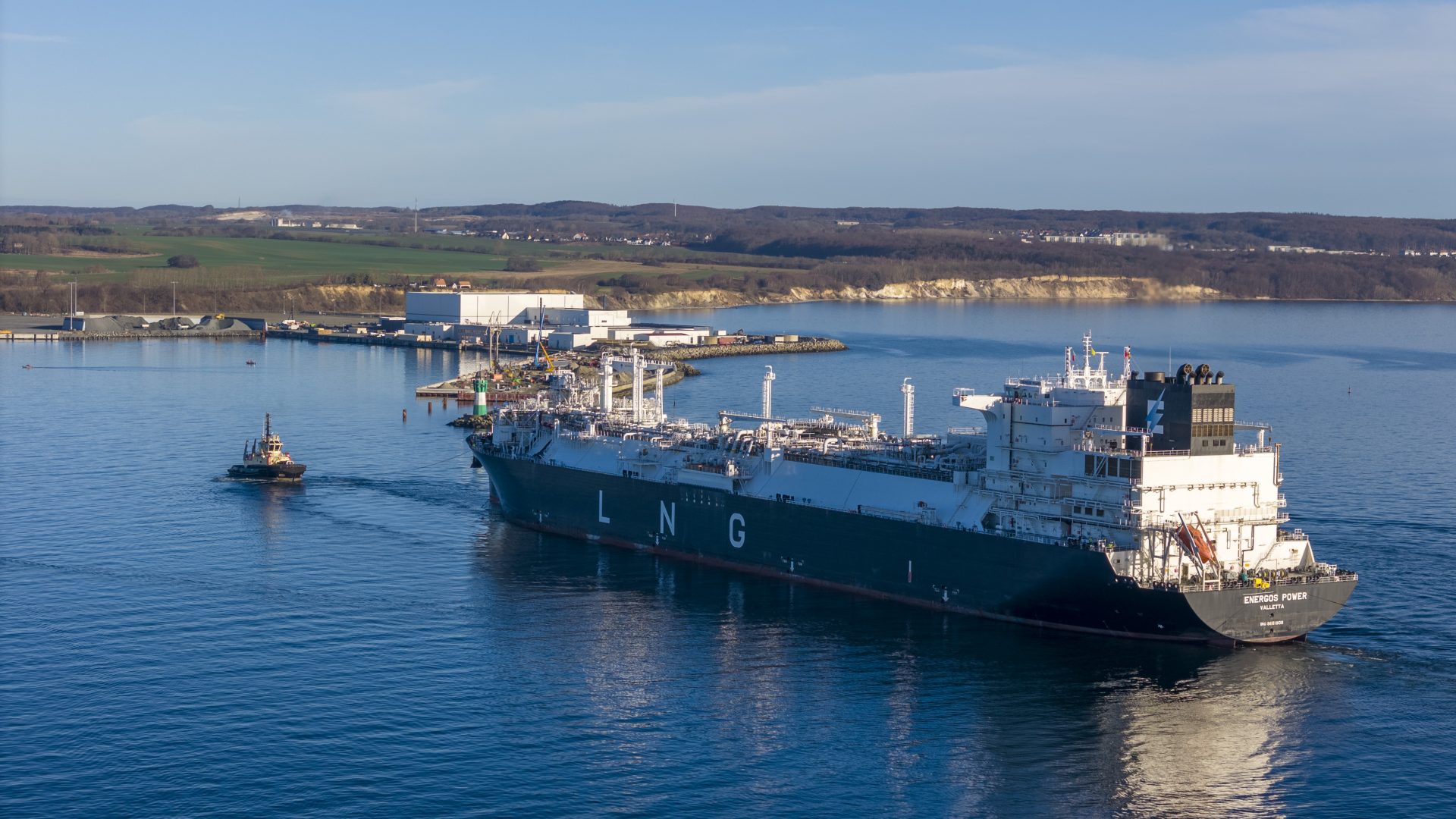This story requires a subscription
This includes a single user license.
A BMWK spokeswoman confirmed the signing of the charter agreement to LNG Prime in an emailed statement on Friday.
“The FSRU Energos Power has now been sub-chartered to Egypt – the BMWK has successfully signed a contract with the Egyptian Natural Gas Holding Company (EGAS) for the sub-chartering of the ship,” the spokeswoman said.
“Importantly, the security of supply in Germany is still assured,” she said.
The spokeswoman did not provide further details regarding the agreement.
In February, private firm Deutsche ReGas announced that it had terminated the charter contract for the FSRU Energos Power, one of the two FSRUs operating at the Mukran LNG import terminal, with the German government.
The unit, with a regasification capacity of up to 7.5 bcm per year, is on a ten-year charter deal with the BMWK, which started in 2023.
Energos Infrastructure, a part of US asset manager Apollo, owns this FSRU.
According to its AIS data, the FSRU was anchored offshore Denmark’s Skagen on Friday.
Egypt’s LNG imports rising
In March this year, the Egyptian Ministry of Petroleum and Mineral Resources revealed plans to sub-charter the FSRU from the German government following a meeting in Houston.
After that Egypt’s Petroleum Minister, Karim Badawi, and the managing director of EGAS, Yassin Mohamed, visited Germany’s Berlin to discuss contractual terms for the charter of the unit.
Egypt shifted from being an LNG exporter to an importer early last year due to declining domestic gas production and rising demand for cooling amid multiple heatwaves.
To support its growing need for natural gas, Egypt currently hosts the 170,000-cbm Hoegh Galleon FSRU at the Sumed port in Ain Sokhna, with a second unit, the 160,000-cbm Energos Eskimo, set to arrive in June.
In December 2024, Egypt’s EGAS signed a deal with US LNG player New Fortress Energy to charter a second FSRU.
This deal is for Energos Eskimo, also owned by Energos Infrastructure.
EGAS said the charter of the second FSRU will help secure the growing domestic demand for natural gas, especially during peak summer periods, and aligns with directives to ensure stable electricity supplies from natural gas.

